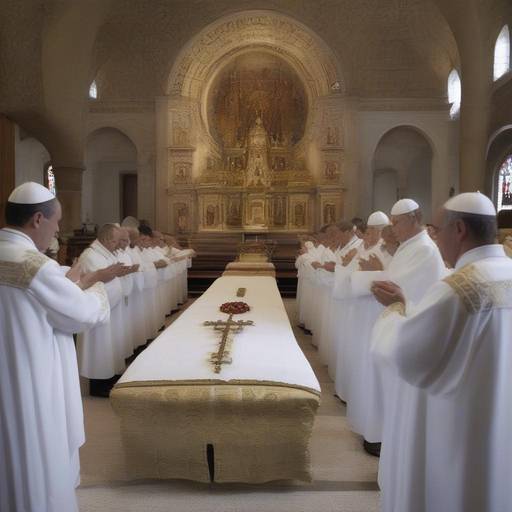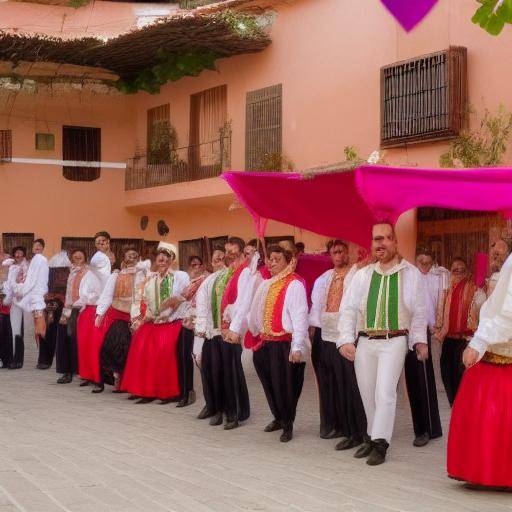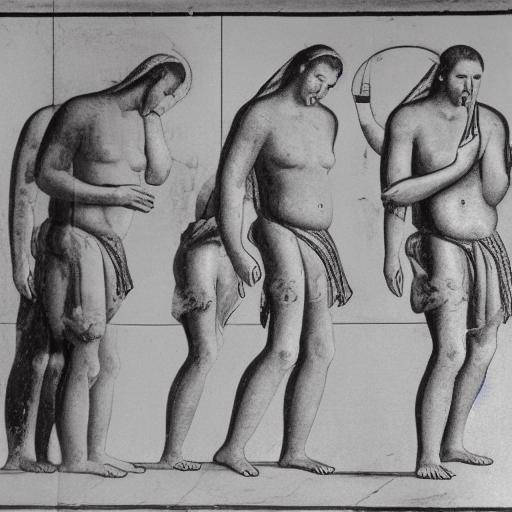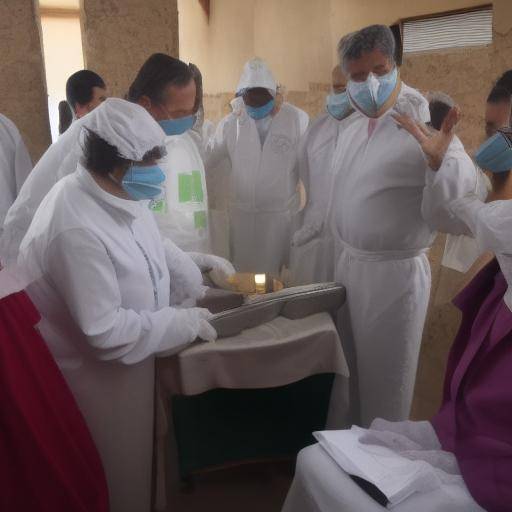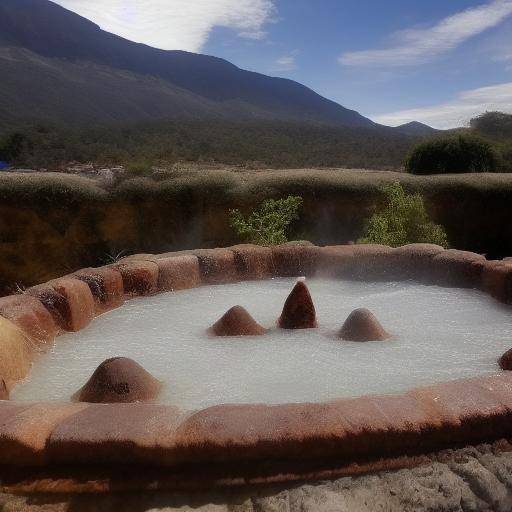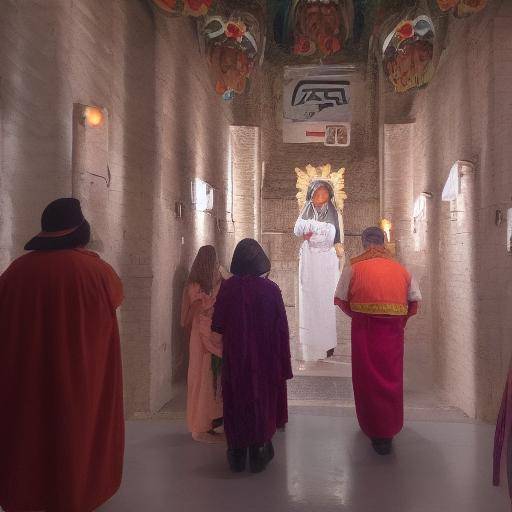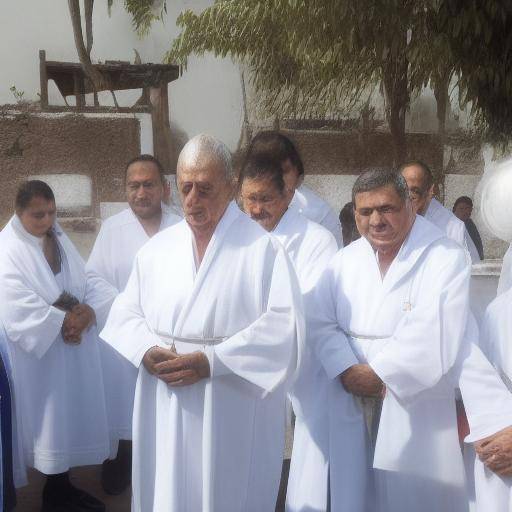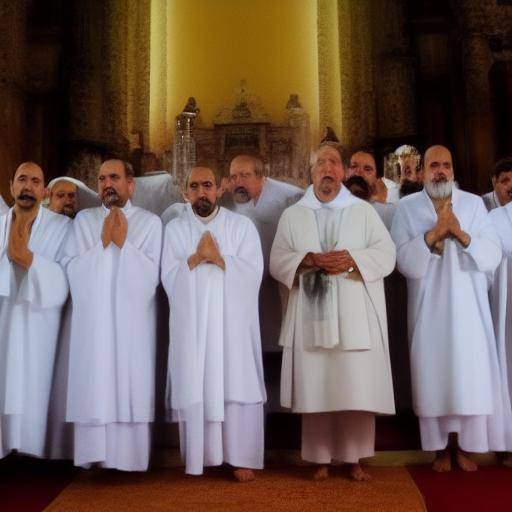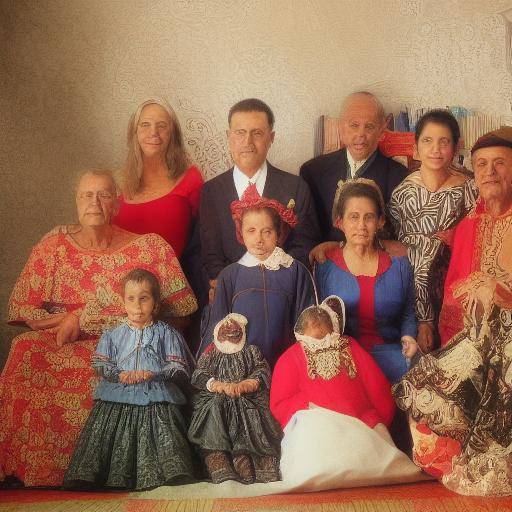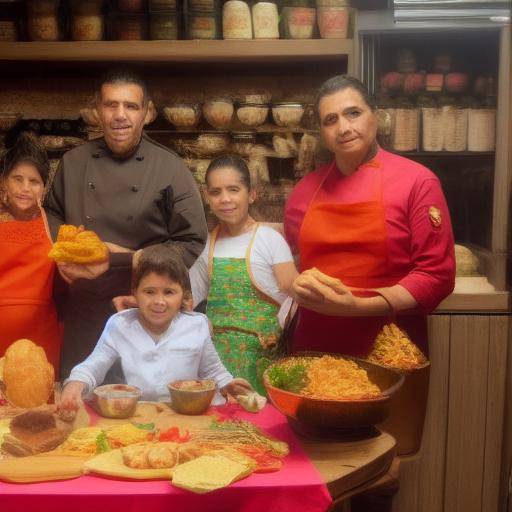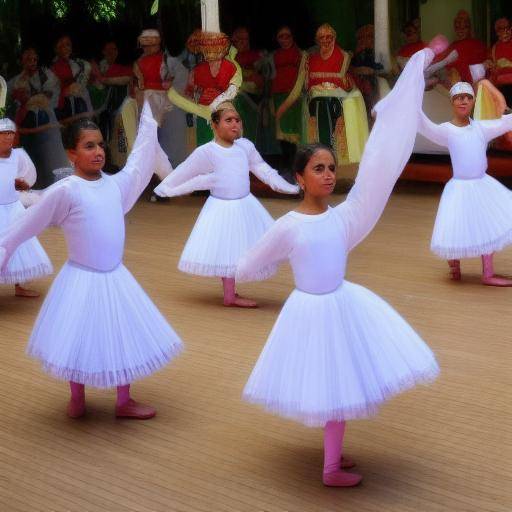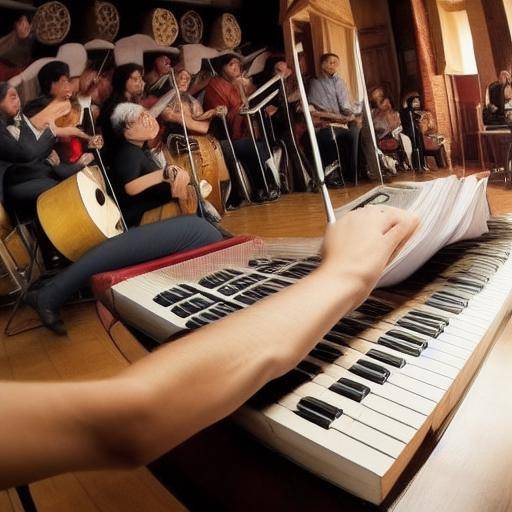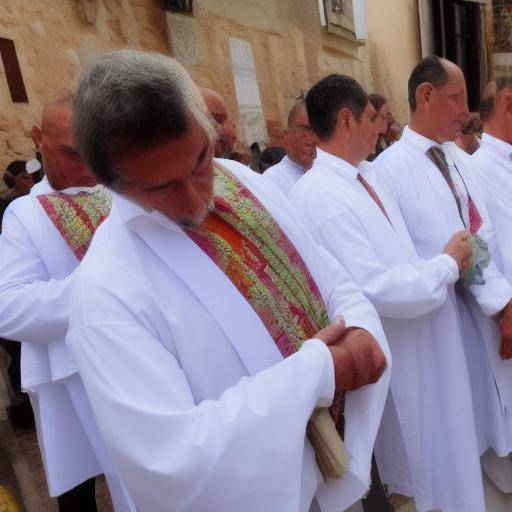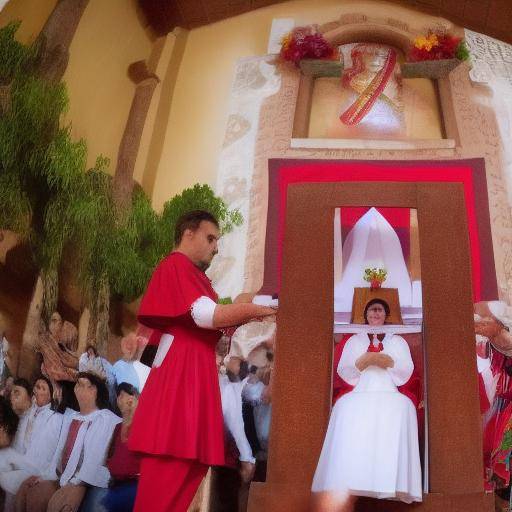
In culture and religions around the world, purification rituals have played a fundamental role in the search for spiritual harmony and the cleansing of the soul. The priests, as mediators between the divine and the earthly, play a crucial role in the realization and conduct of these rituals. In this article, we will explore in detail the role of priests in the purification rituals, their history, meaning, practical application, and how these traditions continue to evolve today.
Introduction
The connection between priests and purification rituals dates back to ancient times. These rituals, which seek to free the spirit of impurities, represent a fundamental part in the lives of many cultures and religions around the world. In this way, it is crucial to understand the role that priests play in the realization and direction of these rituals, as well as their significance in modern society.
In this article, we will explore in detail the history and origin of the purification rituals, the role of priests in their realization, the challenges and benefits they face today, and the impact these rituals have on spiritual and social perception. In addition, practical advice, concrete examples, and comparative analysis will be provided between different religious and cultural traditions.
History and Background
The purification rituals have deep roots in various ancient civilizations, where the search for spiritual cleansing was central to everyday life. From ancient Greece, where ritual baths were performed to purify the body and soul, to the indigenous traditions of America, the rituals of purification have transcended geographical and cultural boundaries.
The role of priests in these rituals has evolved over time, adapting to the needs and beliefs of the communities they served. The priests, as intermediaries between the divine and the earthly, have been responsible for directing and facilitating these rituals, often using symbolic elements and prayers to promote the purification of the individual or community.
In the Christian context, priests play a fundamental role in the sacraments of purification, such as baptism and confession, where the forgiveness of sins and spiritual cleansing are central aspects. These rituals, led by priests, seek to renew the spirit and guide believers into a life of virtue and righteousness.
Analysis in Deep
At present, purification rituals remain a significant part of religious and spiritual practice in many cultures. The priests, as custodians of these traditions, face challenges and opportunities in the realization of these rituals in a modern and constantly changing context.
The role of priests in the purification rituals goes beyond the simple realization of them. Their influence and spiritual orientation have a profound impact on the lives of those who participate in these rituals. Priests must be able to adapt these millennial practices to contemporary needs and challenges, offering spiritual guidance and support to those who seek to purify their souls in an increasingly complex world.
Detail
The realization of the rituals of purification by priests requires a deep understanding of the beliefs and values of the community to which they serve. The practical application of these rituals may vary significantly depending on the religious or cultural tradition to which they belong, as well as the individual circumstances of the participants.
Priests must be able to provide a safe and sacred space for the realization of these rituals, fostering an environment of respect and reverence. Their ability to communicate the symbolic meaning of each ritual, guide participants through the purification process, and offer emotional and spiritual support is fundamental to the success of these practices.
Comparative analysis
The rituals of purification, guided by priests, present both similarities and significant differences in various religious and cultural traditions. While in some cultures rituals may involve ritual baths or the use of elements such as smoke or grass, in other traditions purification can be carried out through confession and repentance ceremonies.
The priests, as spiritual leaders, adapt these rituals according to the beliefs and needs of their communities, offering a sense of belonging and connection with the divine. Through the leadership of the priests, these traditions are preserved and transmitted from generation to generation, keeping alive the connection between the earthly and the spiritual.
Practical Tips and Accessible Tips
For those interested in participating in priest-led purification rituals, it is essential to seek guidance and support from reliable sources in their community. Open communication and deep understanding of the tradition in which it is engaged are key to a meaningful and enriching experience.
For priests who lead these rituals, the empathic understanding of the spiritual and emotional needs of the participants is fundamental. To maintain a balance between preserving the authenticity of tradition and adapting it to contemporary needs can result in more impactful and relevant rituals for the communities they serve.
Industry Profiles and Expert Reviews
The perspective of religious leaders and expert academics can enrich our understanding of the role of priests in the purification rituals. Their views and knowledge provide additional lights on the importance and evolution of these practices over time, as well as their impact and relevance in today's society.
Case studies and practical applications
Through case studies, concrete examples of priest-led purification rituals can be explored, demonstrating the benefits and challenges that arise in the practical application of these traditions. These cases offer a detailed view of how these practices continue to be relevant in the daily lives of the communities that practice them.
Future Trends and Predictions
As society continues to evolve, it is important to consider future trends in the realization of purification rituals. Technological advances, sociocultural changes and new philosophical perspectives can influence how priests guide and carry out these rituals in the future. Exploring these trends gives us a vision of how these traditions will remain relevant in the coming decades.
Conclusion
In conclusion, priests play a fundamental role in the direction and realization of the purification rituals. Their spiritual influence, personalized guidance, and ability to adapt these practices to contemporary needs make them fundamental pillars in the preservation and evolution of these traditions.
The rituals of purification, guided by priests, continue to offer a sense of spiritual connection, personal purification, and renewal of the spirit in various communities around the world. His role as mediators between the divine and the earthly is essential to keep alive the flame of these ancient practices.
Frequently asked questions
What is the importance of purification rituals in everyday life?
The purification rituals offer a space for spiritual renewal, emotional healing, and connection with the divine. In everyday life, these rituals provide a sense of belonging and meaning, strengthening the connection between individuals and communities with their spiritual heritage.
What qualities are fundamental in the priests who lead the purification rituals?
Priests who lead the purification rituals must have a profound understanding of traditions, empathy towards the spiritual needs of participants, effective communication skills, and the ability to adapt ritual practices to contemporary contexts.
How can purification rituals impact mental and emotional health?
Purification rituals can provide a sense of emotional relief, promote introspection and self-curing, and provide a safe space to free emotional negativity. This release may have a positive impact on the mental and emotional health of participants, providing relief from stress and anxiety.
What is the role of priests in adapting the purification rituals to the modern era?
The priests play a crucial role in adapting the purification rituals to the modern era by offering a relevant spiritual guide, maintaining the authenticity of traditions, and fostering an environment of respect and openness to the contemporary needs of the communities they serve.
What impact do purification rituals have on contemporary society?
The rituals of purification, led by priests, continue to play a significant role in contemporary society by providing a sense of spiritual connection, a path for emotional healing, and a space for personal reflection. These practices contribute to social cohesion and strengthen the spiritual identity of communities.
How can one participate in purification rituals led by priests in their community?
To participate in purification rituals led by priests in their community, it is essential to contact local religious leaders or worship centers that offer these practices. Open communication and respect for local traditions are key to meaningful experience.
In short, the purification rituals led by priests are a fundamental part of the spiritual life of many cultures and religions. Through their deep understanding of traditions, spiritual guidance skills, and ability to adapt these practices to contemporary needs, priests play a crucial role in the preservation and evolution of these important traditions.

